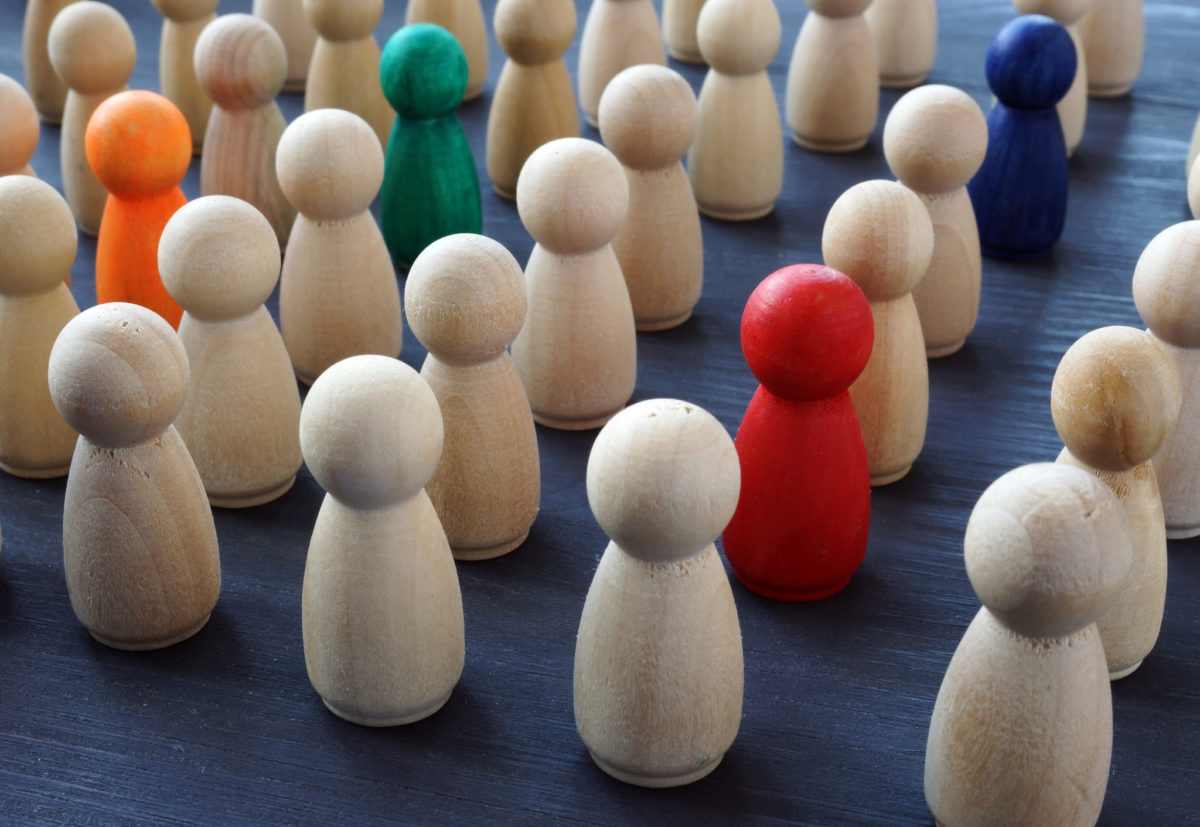In the business of HR, interest in equity, diversity, and inclusion has grown exponentially in the last year. High profile incidents and protests have led organizations to assess their processes and state of inclusivity. Many organizations naturally look to HR policies to help make a difference, but it needs to start at a more foundational level to influence change within an organization.
Organizations don’t change. People change.
As the people who make up our organizations, we need to engage in reflective learning. We need to examine our own biases and undergo a process of listening to understand others’ experiences. To take real steps in removing barriers that exist in the workplace, we need to create space for people to share their experiences in a way that encourages us to reflect, learn, and change.
Self-awareness
Tackling systemic racism and making our workplaces diverse and truly inclusive environments is a complex challenge. Developing new policies, creating training programs, and examining how workplace practices and culture support or create barriers is a necessary focus for organizations. However, we need to focus on a fundamental skill that impacts our ability to engage in self-reflection and active listening: self-awareness. Being aware and accepting of our own patterns and biases is foundational. Only then can we reduce defensiveness and truly participate in finding solutions.
Unconscious biases
The University of Toronto and Stanford University researchers have published an article that exposed a human bias in the recruitment and selection process: the influence of a candidate’s name. The study was titled “Whitened Resumes: Race and Self-Presentation in the Labor Market.” The name alone explains the findings – when resumes replaced applicant names with “white” names and were scrubbed of any international or cultural references, they were more than twice as likely to receive a call from recruiters and employers.
All else being equal, managers are more likely to hire people like them. Why is this? Unconsciously, you are more likely to trust people like you. It feels familiar and doesn’t raise any unconscious alarms. It isn’t necessarily leading you to make the wrong choice, but if you are not mindful of why and how you make your hiring decisions, you may be positioning yourself to miss out on high-quality candidates.
The only way to address unconscious bias is to increase our ability to engage in mindfulness and question our thoughts, feelings, instincts, attitudes, motivations – essentially everything! But, as mentioned earlier, self-reflection alone is not enough. You don’t know what you don’t know, and to illuminate those blind spots, we have to seek knowledge and feedback. By testing ourselves or engaging in training, or engaging in honest dialogue, we can reflect on how our own behaviours, conscious or unconscious, contribute to others’ experiences.
Listening to understand
There’s a big difference between not talking long enough to allow someone else to speak and actually listening. Listening involves actively seeking understanding through open-ended questions and reflective statements. Our brain can make this challenging, even for the most empathetic and caring individuals. Anytime we hear something that may catch us off guard or come across as criticism – our brains are generally primed to shift us into a defensive frame of mind. When we are defensive, we are not capable of listening and understanding. Do you notice when you are defensive and not in a “listening” frame of mind?
Engaging in challenging conversations to create a more inclusive environment is not about making people look bad. We can counter our own tendencies and work to reduce our defensiveness. The starting point for big, complex challenges is often focusing on what is in our control. That is why we have to start with “I” – making progress means being open to understanding our role and exploring our biases.



